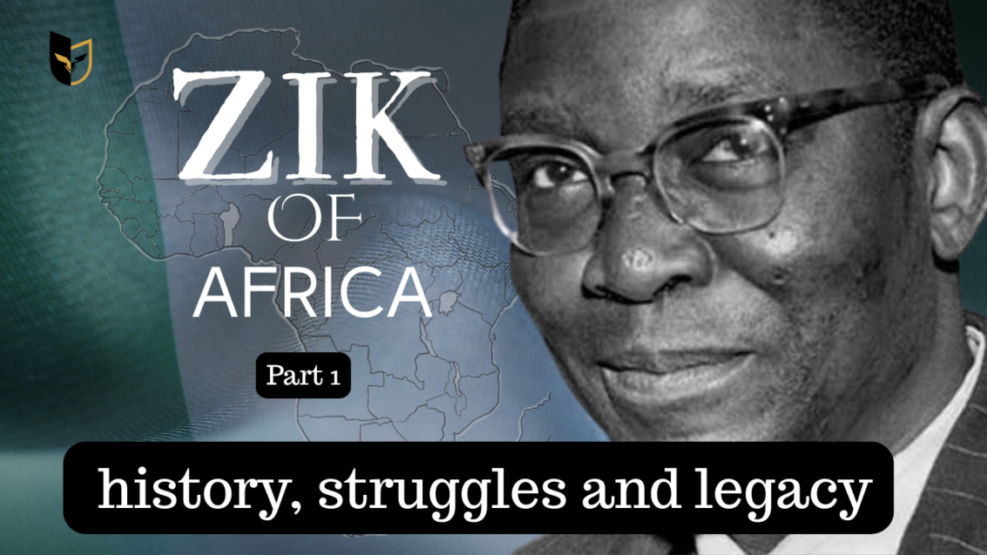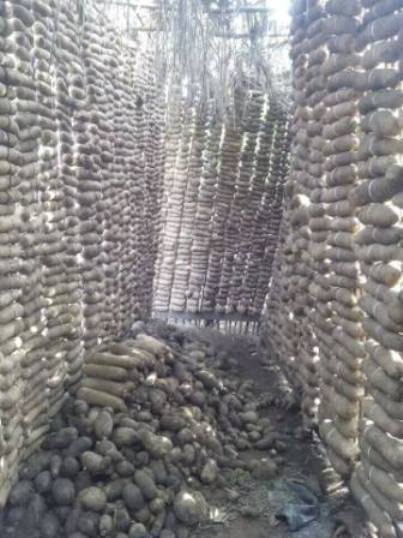No products in the cart.


Food crisis is soon to reach a level where a large number of Nigerians will find it hard to have access to food. Already, food prices are rising very rapidly. As the prices rise, income has remained stagnant. Soon, the socio-political crisis in Nigeria may be compounded with food insecurity.
“At least 9.2 million people in Nigeria faced a crisis or worse levels of food insecurity…This figure is expected to increase to over 12.8 million people, unless resilience-focused and humanitarian actions are taken,” FAO warned.
With the worsening food insecurity orchestrated largely by the crisis between herdsmen and farmers, food insecurity may soon be another crisis the country would face. In Borno state in 2020, about 76 farmers were killed on their rice farms by Boko Haram. Farmers out of fear cannot go to their farms, while some have run away from their villages to avoid attacks by bandits and terrorists. Many are camping in various IDP camps. Many farmers have seen their farms destroyed by herders and cattle and this situation has been seen in many parts of the country. A farmer recounted how his beans farm of about N6 million investments were consumed by the cattle. Farmers fear for their lives as well as wasting of their investment.
Agricultural products have contributed to the economy of Nigeria beside the oil sector. Many Nigerians who engage in agriculture are subsistence farmers with low technology, high cost of production, low preservative mechanisms, and harvest losses, natural effects like flood, drought and erosion have contributed to the low production output. As population increases and insecurity continues, food production is declining. To sustain food capacity to meet the rising population, Nigeria embarks on food importation to cushion the effect of low production of food. “Between 2016 and 2019, Nigeria’s cumulative agricultural imports stood at N3.35 trillion, four times higher than the agricultural export of N803 billion within the same period.”FAO reports.
The Federal Government has initiated several programmes that aim at addressing the low food production but with insecurity caused by banditry, herders, kidnapping, Boko Haram, raping of women in farms and other forms of insecurity; those initiatives may amount to nothing. The effect of which would be devastating. Already, Nigeria depends on importation of food for sustainability. Many citizens below the poverty line are incapable of affording food which could lead to the crisis of malnutrition and diseases and sickness. “Most of the food that households consume is purchased rather than self-produced, even among poor agricultural households in rural areas; food-price inflation is thus a major threat to purchasing power and household welfare.” World Bank stated in its June 2021 Nigeria Development Update.
At a meeting of heads of African countries in 2003, the Comprehensive Africa Agriculture Development Programme (CAADP) was launched as well as the Maputo Declaration on Agriculture and Food Security which was an agreement that mandated African Union member countries to award at least 10 percent of annual budgetary funding to the Agriculture sector. The declaration was made to ensure sustainability of food and food security in Africa. Despite being a signatory to the declaration, Nigeria has fallen short of it. In the 2021 budget allocation, the Agriculture sector was awarded less than 5 percent of the overall budget.
Low funding of the Agricultural sector leads to low output. Due to low access to funding, farmers resort to the use of hoes and cutlasses largely dependent on human ability. That has affected the level of food production.
Food prices and Inflation
The surge in food prices has continued to go up as staple foods such as bread, potatoes, yams, beans, meat, maize, fish, fruits, and others have become exponentially high for the poor. Many people, due to poverty cannot afford meals. People skip meals in order to make ends meet. The World Bank stated that, “Food insecurity {in Nigeria} is more widespread than it was before the COVID-19 crisis, and in November 2020 about 56 percent of households reported that adults had skipped meals in the previous 30 days.” Many people losing purchasing power cannot afford to feed themselves adequately.
Hunger leads to crime
The Roman poet Juvenal wrote that the provision of “bread and circuses” will keep the public happy and keep them away from seeing and complaining about problems. In Nigeria today, people are grumbling within their hamlets and households with the fear of how to confront the low supply of food and the rising cost of food. The grumbling could generate grievances that can motivate violent behaviour and civil unrest and criminality of people who are most impacted by food insecurity. A hungry person can take up arms for assurance of food. Crime can be greatly incentivized as a means of earning income and food security.
Taking Agriculture serious
Hunger is a respecter for no man and a hungry man is an angry man. These are everyday sayings that are part of the reality that would make the government and the people take agriculture seriously through adequate funding of the sector that would give access to farmers to fund farming. Using modern technology and seeing Agriculture as a business can turn around low food production. Food farming, processing, storage, packaging and marketing are the aspects the government can come in through provision of the facilities, funding of research for improvement and to provide security for farmers as well as the people. Nigerians are capable of feeding themselves. There are plenty of arable lands as well as people hungry to explore the sector.
Please share…